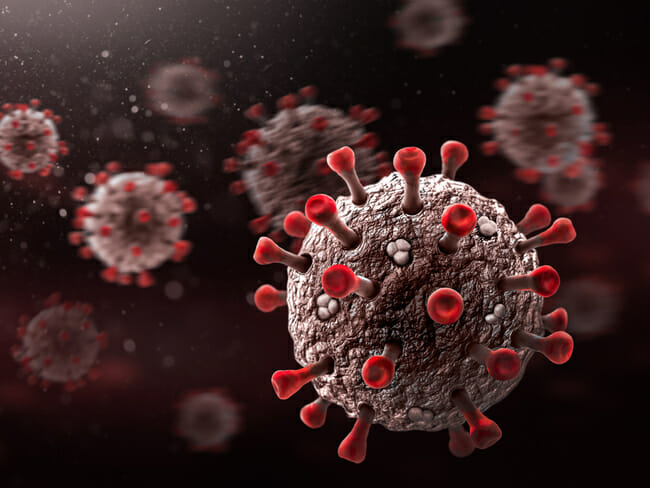A new variant of COVID-19, identified as JN.1, is causing alarm as it rapidly spreads in the United States, contributing significantly to the recent surge in new cases nationwide.
According to the Centers for Disease Control and Prevention (CDC) in the U.S., JN.1 now accounts for a substantial 21.4% of new infections, marking it as the fastest-spreading virus observed to date.
The CDC predicts that JN.1 is likely to continue spreading as an integral part of the SARS-CoV-2 genome sequence.
The variant has close genetic ties to the BA.2.86 variant and was initially detected in the U.S. in September 2023. Although, by the end of October, the virus constituted less than 0.1% of SARS-CoV-2 cases, its recent surge is causing growing concern among health authorities.
European countries, including Denmark, Spain, Belgium, France, and the Netherlands, are witnessing an exponential growth in JN.1 cases, leading to a simultaneous increase in hospital admissions. The variant is also rapidly spreading in Australia, Asia, and Canada.
As of now, the CDC has not found evidence suggesting that JN.1 poses a greater public health risk compared to other circulating variants.
Nevertheless, health officials and experts are urging the public to get vaccinated against COVID-19 to mitigate the potential impact of severe virus effects.
With over 22,700 COVID-19 patients currently hospitalised nationwide as of December 9, marking the highest number since February, concerns are rising about the strain this surge could place on healthcare systems.
Authorities emphasise the crucial importance of widespread vaccination as a key measure to curb the spread of the virus and protect public health.
Health authorities are closely monitoring the dynamics of the JN.1 variant as the situation evolves, working to adapt strategies to mitigate its impact on communities across the United States.
As the holiday season approaches, vigilance and preventive measures are underscored to curb further transmission and safeguard public health.









